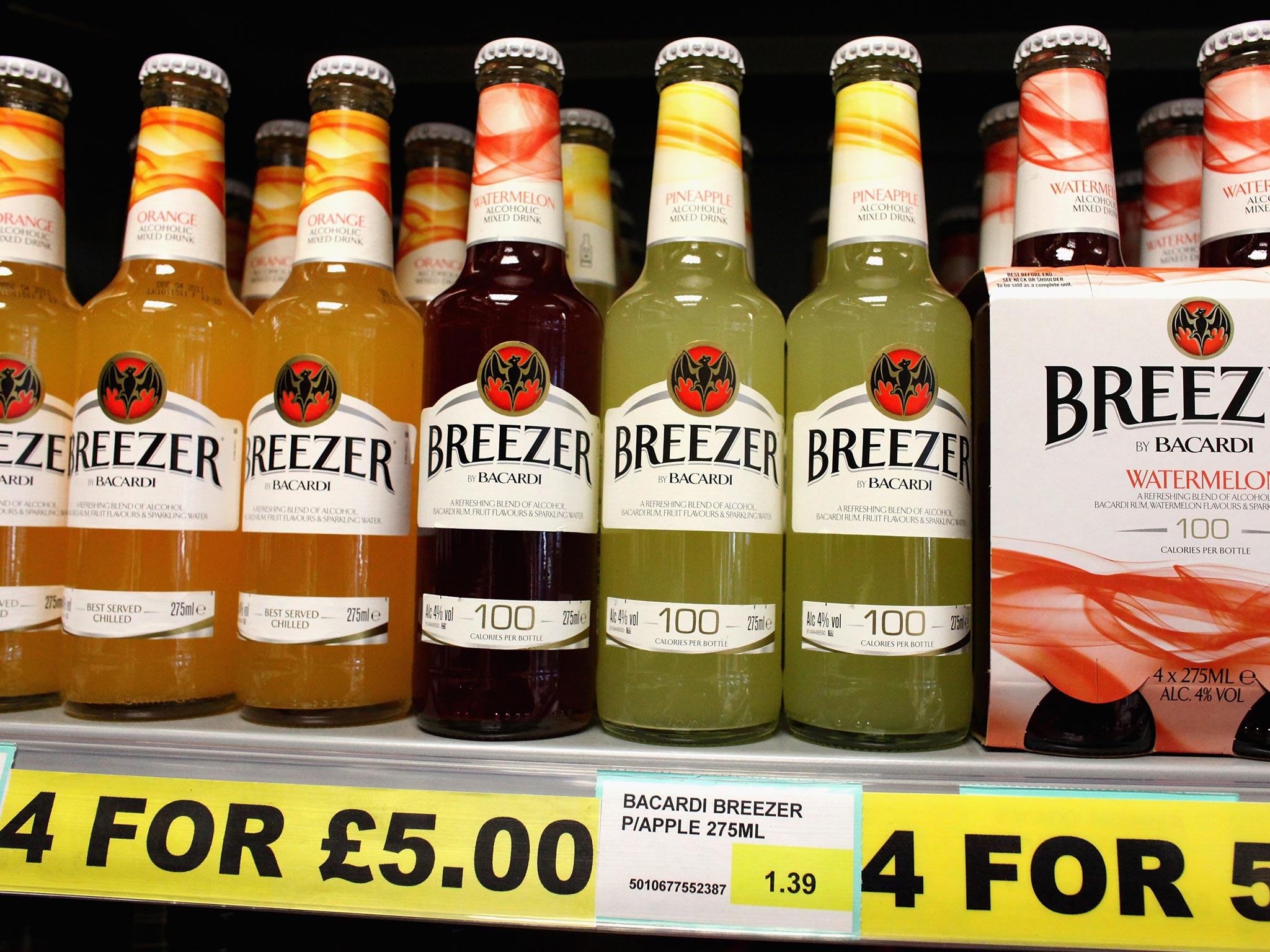We can no longer afford not to put a minimum unit price on alcohol
The light drinker is probably subsidising heavy drinkers

Last week the Home Office announced that they would ban all below-cost sales of alcohol. However two independent bodies have estimated that this will affect less than one in a hundred of all alcohol sales, and so will do little or nothing to address the tsunami of alcohol-related harm the UK is facing. In 2012, hospitals in England admitted 200,900 cases where the main reason for admission was an alcohol-related condition.
The new move does at least set the principle of setting a floor price, but will hardly touch drinks such as strong white cider where the duty is already so low. The Alcohol Health Alliance, a collaboration of nearly 40 organisations whose mission is to reduce the damage caused to health by alcohol, recommends that the minimum unit price (MUP) should be at least 50 pence. At present the majority of vodka, usually supermarket own label preparations, is sold below this level and a minimum price of 50p per unit of alcohol would ensure that a 750ml bottle of vodka with 40 per cent alcohol content could not be sold for less than £15.
The attraction of a 50 pence MUP is that it targets those who buy the cheapest drink, the heaviest drinkers and the young, and this is so across the socioeconomic scale. Thus it is likely to have the greatest effect on the heaviest drinkers, and is therefore very effective at targeting those most at risk of harm. It will leave the price of most drinks, including those served in bars and restaurants, unchanged. A study from the University of Sheffield shows that a minimum unit price of 50p would, on average, cost the heavy drinkers an additional £40 each year, whereas the impact on moderate drinkers was less than £3 per year. This is important, because our politicians are naturally concerned about any impact on the responsible but not well-off citizen. In fact, at present the light drinker or abstainer is probably subsidising heavy drinkers in their weekly grocery basket, because so much of supermarket discounting goes on alcohol products.
Minimum pricing in other countries has been effective - in a Canadian province, a 10 per cent increase in minimum price caused a 30 per cent reduction in deaths directly attributable to alcohol. Reducing the amount of alcohol consumed by the heaviest drinkers also benefits their families and friends who are affected by their behaviour.
Minimum unit pricing was strongly backed by the Chief Medical Officer of England in 2008, and at that time the University of Sheffield estimated that in ten years, there could be 3,100 lives saved every year; 41,000 fewer chronic illnesses and 14,000 fewer acute illnesses per year; and 98,000 fewer hospital admissions per year. Westminster Government is still reluctant to commit to this policy, despite progress in the devolved UK nations, particularly Scotland. We can no longer afford not to implement a minimum unit price of at least 50 pence as the cornerstone of a comprehensive evidence-based strategy if we are to attempt to stem the tide of alcohol related harm. A ban on selling alcohol below cost begins to acknowledge the pernicious effect of ultra-cheap supermarket drink but has to be a springboard to setting prices at a level that will be effective.

Join our commenting forum
Join thought-provoking conversations, follow other Independent readers and see their replies